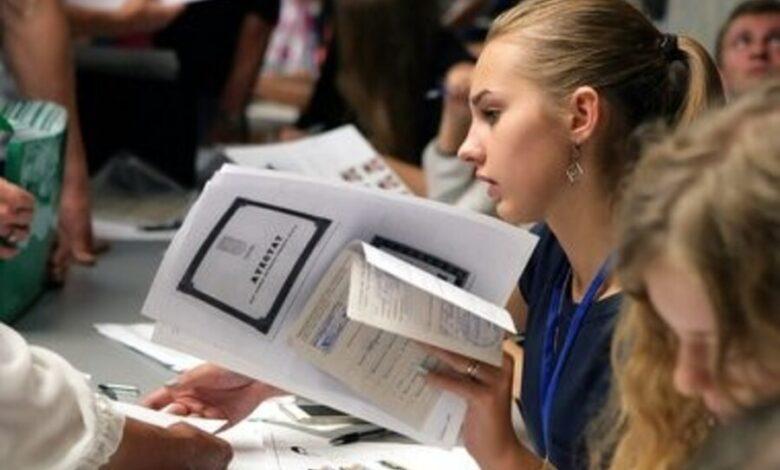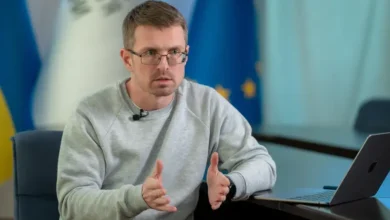The most popular specialty: what the 2025 admission campaign shows in wartime conditions

In 2025, an introductory campaign is underway in Ukraine under the conditions of a full-scale war, which is already in its fourth year. The educational process is adapting to new realities, in particular, this also applies to admission procedures: applicants, as in previous years, take the national multi-subject test (NMT), which replaced the external examination.
Chairman of the Committee of the Verkhovna Rada of Ukraine on Education, Science and Innovation, Serhii Babak reported, that law remains the most popular specialty among entrants. According to him, as of the beginning of 2025, he was chosen by 75,240 students, or 7% of the total number of students in Ukraine.
The next most popular specialties are management (62,722 people, or 5.8%), psychology (59,217 people, or 5.5%), secondary education by subject specialties (52,149 people, or 4.8%), and computer science (37,064 people, or 3.4%).
Serhii Babak drew attention to the fact that these figures demonstrate an imbalance between the specialties most chosen by young people and what is really needed for the economy and the recovery of the country. He emphasized that there is already a shortage of specialists in the technical and natural sciences, and in the conditions of post-war reconstruction, this shortage will only grow.
In this regard, according to Babak, a decision was made to launch a subvention “for science classrooms”, which should create opportunities for studying natural and exact sciences in schools. He noted that it is important not only to motivate schoolchildren to study such subjects, but also to provide the necessary conditions for this.
Special attention was paid to the system of professional and technical education. Without specialists in such specialties as builders, welders, electricians, mechanics, machine operators, the reconstruction of the country will be impossible. Serhii Babak emphasized that no infrastructure project or investment program will be able to work without such employees, since the implementation of such initiatives requires appropriate personnel training.
The same problem violates and head of the industry council of the Federation of Metallurgists of Ukraine, member of the National Agency for Quality Assurance of Higher Education (NAZYAVO) Olena Kolesnikova. She believes that without specialists in applied professions — in particular, builders, welders, electricians, mechanics, machine operators — it is impossible to implement any project for the reconstruction of the country. In her opinion, infrastructure reforms will not work if there are no workers capable of putting technical solutions into practice. The system of professional and technical education (VET) should deal with the training of such personnel.
Kolesnikova emphasizes that, unlike higher and secondary education, which have long had framework laws, the law on vocational and technical education has not yet been adopted. Kolesnikova notes that work on this law has been going on for more than a decade. As a member of all relevant task forces for 15 years, she expresses her frustration at the delay in the process. According to her, the new law should not only regulate vocational education and training, but also overcome outdated ideas, according to which VET are considered a place for those who are unable to study at universities.
As of today, three alternative draft laws have been registered in the Verkhovna Rada: government version No. 13107-02, as well as deputy initiatives – No. 13107, submitted by Olga Koval together with a large group of people’s deputies, and No. 13107-01, introduced by Iryna Konstankevich. All these documents, according to Kolesnikova, have a common goal — renewal of vocational education and training, but differ in their approaches. One of the projects proposes to preserve the centralized model, while others propose to introduce a more flexible partnership with business.
Kolesnikova believes that this time the adoption of the law has high chances, as it is included in the list of indicators by which Ukraine’s fulfillment of the terms of the Ukraine Facility Plan is assessed. In her opinion, this program is directly related to the provision of financial aid by the European Union, therefore the adoption of the law on professional education is not only an internal, but also an internationally motivated step.
So, according to official data, the admissions campaign of 2025 confirms the continued interest in legal and humanitarian fields, while the state at the same time tries to focus attention on the needs of technical and applied specialties. This gap between the choices of young people and the strategic challenges of the economy remains relevant and requires further solutions both at the level of educational policy and in the system of professional orientation.





